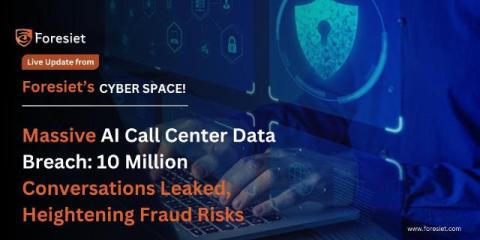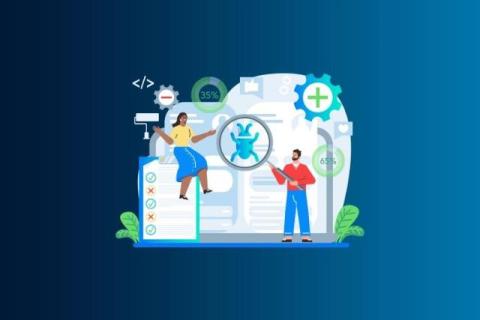Google App Scripts Become the Latest Way to Establish Credibility and Automate Phishing Attacks
Cybercriminals have found a new way of leveraging legitimate web services for malicious purposes, this time with the benefit of added automation of campaign actions. Security researchers at CheckPoint have discovered a new phishing campaign that uses Google App Scripts – a scripting platform developed by Google that lets you integrate with and automate tasks across Google products – as the destination in malicious links.










